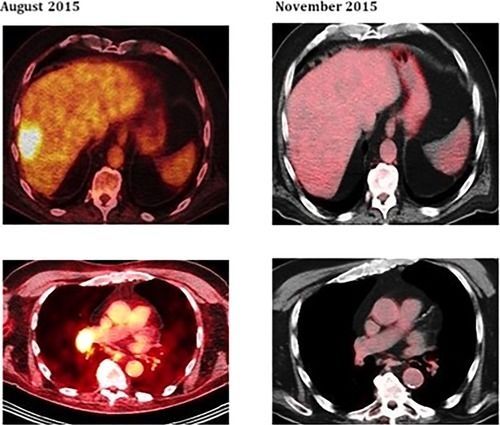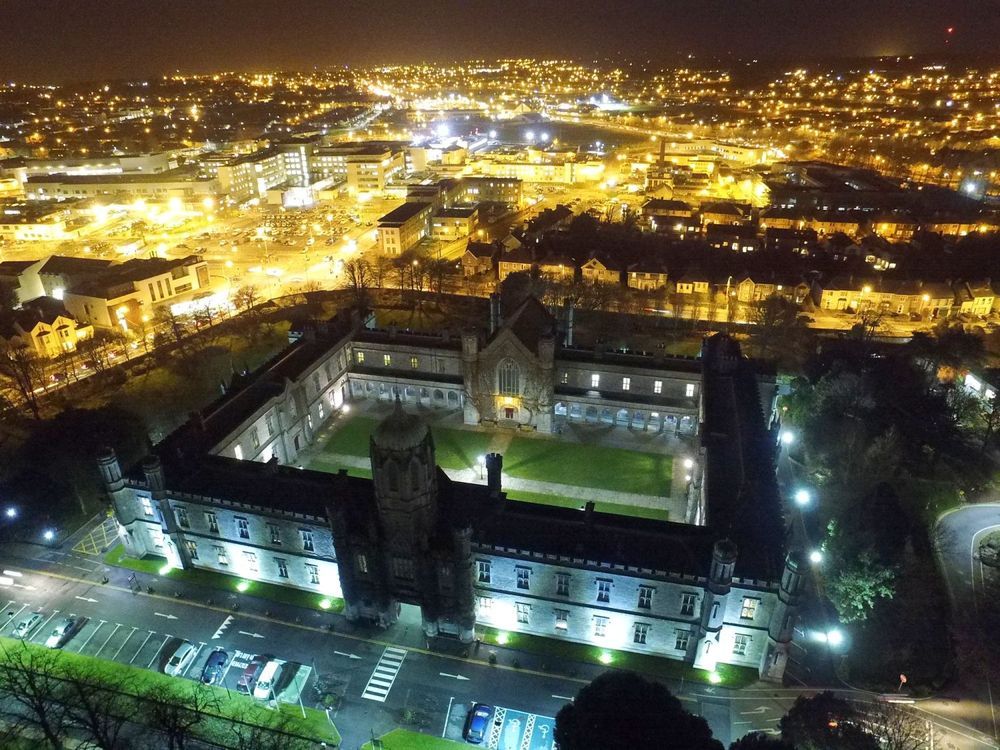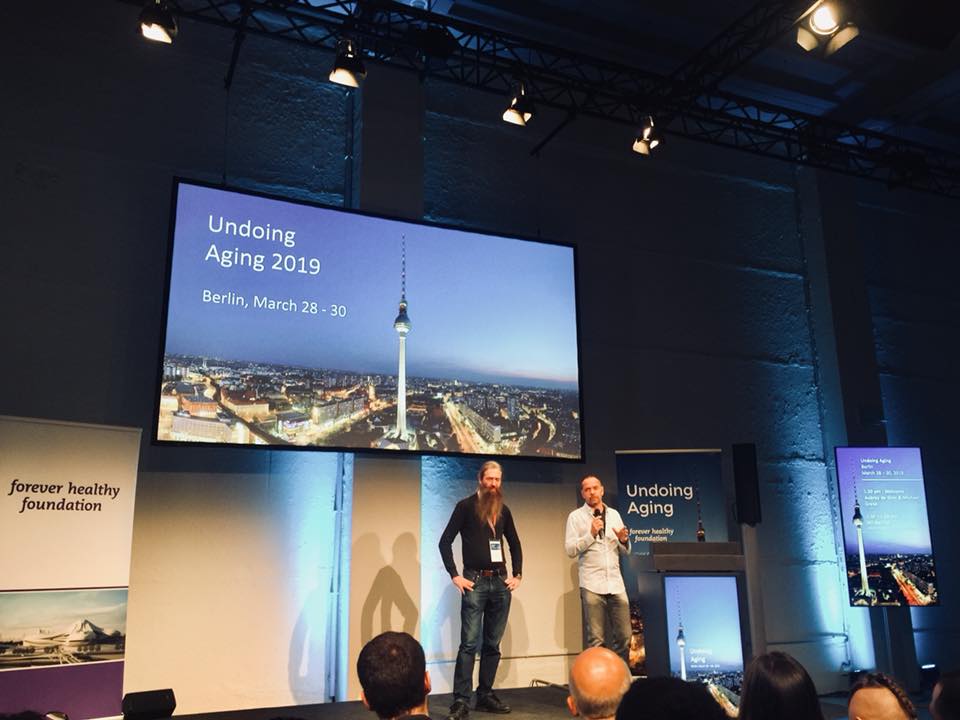E-mail address: [email protected]
https://orcid.org/0000-0002-3440-9774
Department of internal medicine, UT southwestern medical center, dallas, texas.

E-mail address: [email protected]
https://orcid.org/0000-0002-3440-9774
Department of internal medicine, UT southwestern medical center, dallas, texas.

Organisms carry genes that result in certain characteristics when the genes are expressed. The possibilities for an organism to change thus reside in the genes. Animals and plants already have the necessary genes, but can turn them on and off as their surroundings change.
Several fish species can change sex as needed. Other species adapt to their surroundings by living long lives — or by living shorter lives and having lots of offspring. The ability of animals and plants to change can sometimes manifest in apparently extreme ways.
The cuckoo wrass is a fish species that lives in groups with one male and several females. If the male dies, one of the females develops into a new male. This can clearly have obvious advantages under certain conditions.
“Normally we think that the ability to change grows as more changes occur in the life of an average individual. But our research shows that this can work in reverse as well. The greater the ability of an average individual to change, the longer the individual will live,” says Irja Ida Ratikainen, an associate professor at the Norwegian University of Science and Technology (NTNU)’s Department of Biology.

The new electric-powered drone can chase moving targets and fire at them till they are killed.


NUI Galway will lead a new €13 million SFI Centre for Research Training in Genomics Data Science. The new Centre will train a generation of 100 highly skilled PhD graduates to harness the collective potential of genomics and data science to have transformative scientific, economic and societal impacts.
Announced recently by Minister Heather Humphreys TD Minister for Business, Enterprise, and Innovation, and Minister of State for Training, Skills, Innovation, Research and Development, John Halligan TD and Science Foundation Ireland, the Centre will be led by NUI Galway and will involve partners from UCD, TCD, RCSI and UCC.
A genome is an organisms complete set of DNA or genetic material and it contains all of the information needed to build and maintain that organism. Genomics is the branch of science that studies genomes to see how they direct the growth and function of cells and organisms and it is a key area of fundamental science with real-world impacts in areas from human health to agriculture and food production. In recent years the field of genomics has undergone a revolution, driven by new technologies that generate data on an enormous scale. In order to make sense of the large and complex datasets arising from analysis of genomes, we require highly trained data scientists, who can turn this data into useful information that can increase scientific understanding and enable us to harness the power of genomics to drive innovation and create real-world solutions.

It will be our second conference totally focussed on the science of actual human rejuvenation therapies to repair the damage of aging.
We are happy to begin introducing the speakers, starting with Dr. Jerry Shay.
Dr. Shay is the Vice Chairman of the Department of Cell Biology at The University of Texas Southwestern Medical Center in Dallas. Dr. Shay´s work on the relationships of telomeres and telomerase to aging and cancer is well recognized.
“Jerry has been a stalwart supporter of the SENS concept for well over a decade, and a world leader in the telomere biology field for much longer than that. He spoke at the very first SENS conference, back in 2003, and it will be a joy to welcome him again.” says Aubrey de Grey.

At Lawrence Berkeley National Laboratory and at the Buck Institute for Research on Aging, Dr. Judith Campisi established a broad program to understand the relationship between aging and age-related disease.
Judith Campisi says: “Aging research has entered an era of unprecedented hope for interventions that can prevent, delay and, in some cases, reverse much of the functional decline that is a hallmark of aging. There is still a lot of research to be done! I am delighted to be among the speakers at Undoing Aging 2019, where I will discuss the opportunities and challenges of our recent research.”
“Judy has been a towering figure in the field of senescent cells for decades; among other things she pioneered the idea that senescent cells could be actively toxic to their environment and the discovery that cell senescence has a beneficial physiological role in wound healing. She was also one of the first senior gerontologists to appreciate the merits of the SENS approach when I first proposed it in 2000, and her support for it and us ever since has been of incalculable benefit in helping it achieve the mainstream status it enjoys today.” says Aubrey de Grey.

In addition, a small number of posters will be selected for oral presentation.
Poster topics should lie within the scope of the conference: Research contributing to the eventual postponement of age-related decline in health, with an emphasis on measures that repair damage rather than slowing its creation. Poster submissions are due on January 31, 2019.
To submit your poster go to:
https://www.undoing-aging.org/abstracts.html
